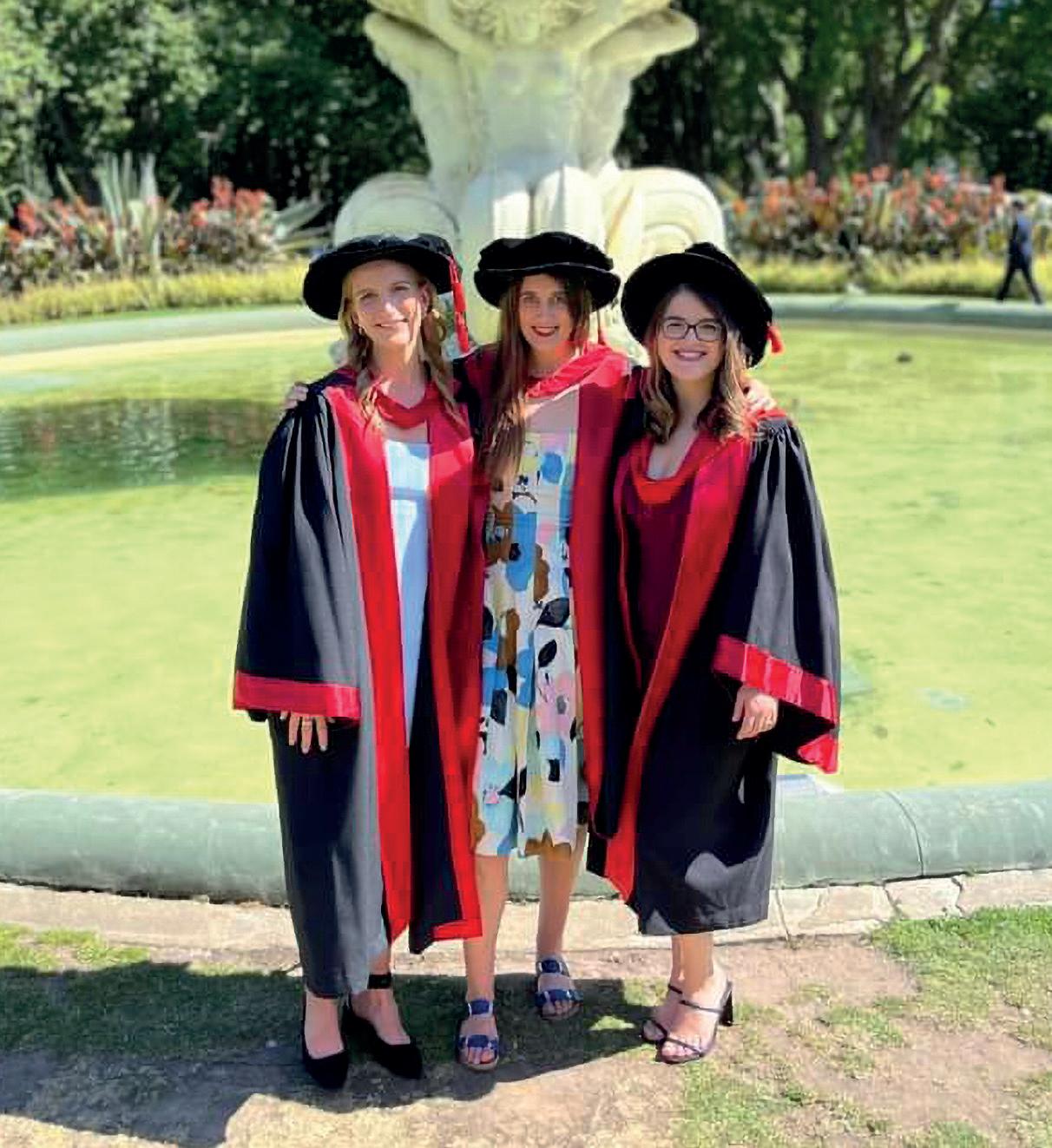
1 minute read
Transforming healthcare
Australian Epilepsy Project –two years in
The Australian Epilepsy Project (AEP), a five-year research project, is focused on transforming the diagnosis and treatment of people living with epilepsy in Australia.
A network rollout of AEP hubs started in 2022 with Austin Health and Alfred Health in Victoria to enable participants access to the best diagnostic testing, whether in the clinic or at home. The roll out will continue across Australia in 2023 with February marking the first interstate hub – opening at the South Australian Health and Medical Research Institute in in Adelaide.
Currently the project is focused on democratising access to advanced diagnostic testing for epilepsy, which is not readily available across Australia. Under the current standard of care it can take on average 10 to 15 years for patients living with epilepsy to access the type of testing and diagnostics that are available as part of the AEP.
As of December 2022, more than 250 patients have been referred into the study, and the AEP has delivered more than 190 baseline reports to the participants’ neurologists. The reports not only contribute to future breakthroughs in research but are being used to inform clinical decisions for patients from day one.
The AEP receives funding from the Australian Government under the Medical Research Future Fund. It is supported by The Florey, the University of Melbourne, and other partners.
Young Stroke Service – one year on
The Florey’s Young Stroke Service, a collaborative $10 million project funded by the Medical Research Future Fund, is a research project providing faster, personalised clinical care and additional long-term support to young people with stroke.
The project, led by Professor Julie Bernhardt and Professor Vincent Thijs, has hit several major milestones in their first year including finalising the first phase of the digital platform integrating user and technical evaluation, and completing mapping of stroke services for the young that exist in Victoria and South Australia. Additionally, the team developed a ‘one-stop-shop’ model to match the needs of young people who experienced stroke with relevant information and services.
The team also engaged with clinicians in preparation for rollout of the service in 2023 and partnered with the Stroke Foundation to ensure the service is co-designed from start to finish.
“We’re excited by the enthusiasm for the development of this innovative service shown by clinicians, researchers, digital developers and most importantly the stroke survivors collectively helping to build the Young Stroke Service. We’ll be open for referrals soon, and this shows the huge potential in how The Florey can drive major changes in clinical research and its application in clinical practice,” said Professors Bernhardt and Thijs.








